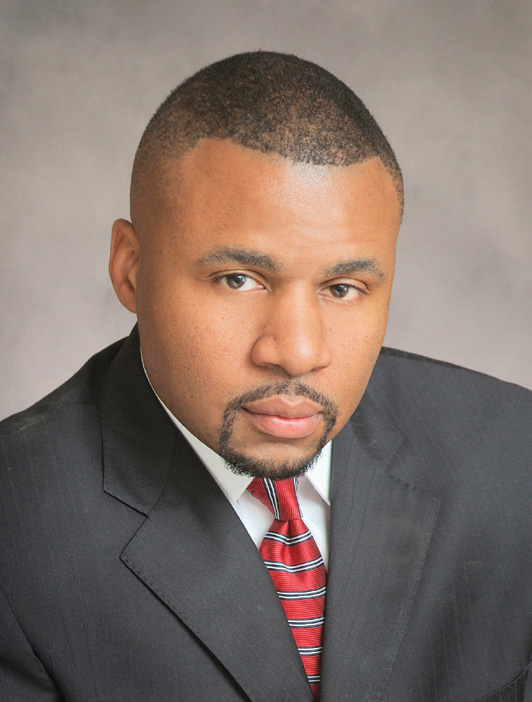Webinar: Keeping Students First: Building Community Labor Partnerships for Strong Schools
When parents, youth, community members and educators join together, they can move mountains.
From West Virginia to Oklahoma and a growing list of states across the country, educators are making demands that go far beyond fair wages and benefits: they are advocating for newer textbooks, smaller class sizes and pushing back against the austerity measures and harmful policies that undermine student-centered learning environments. Local communities are locking arms with educators and joining those efforts.

